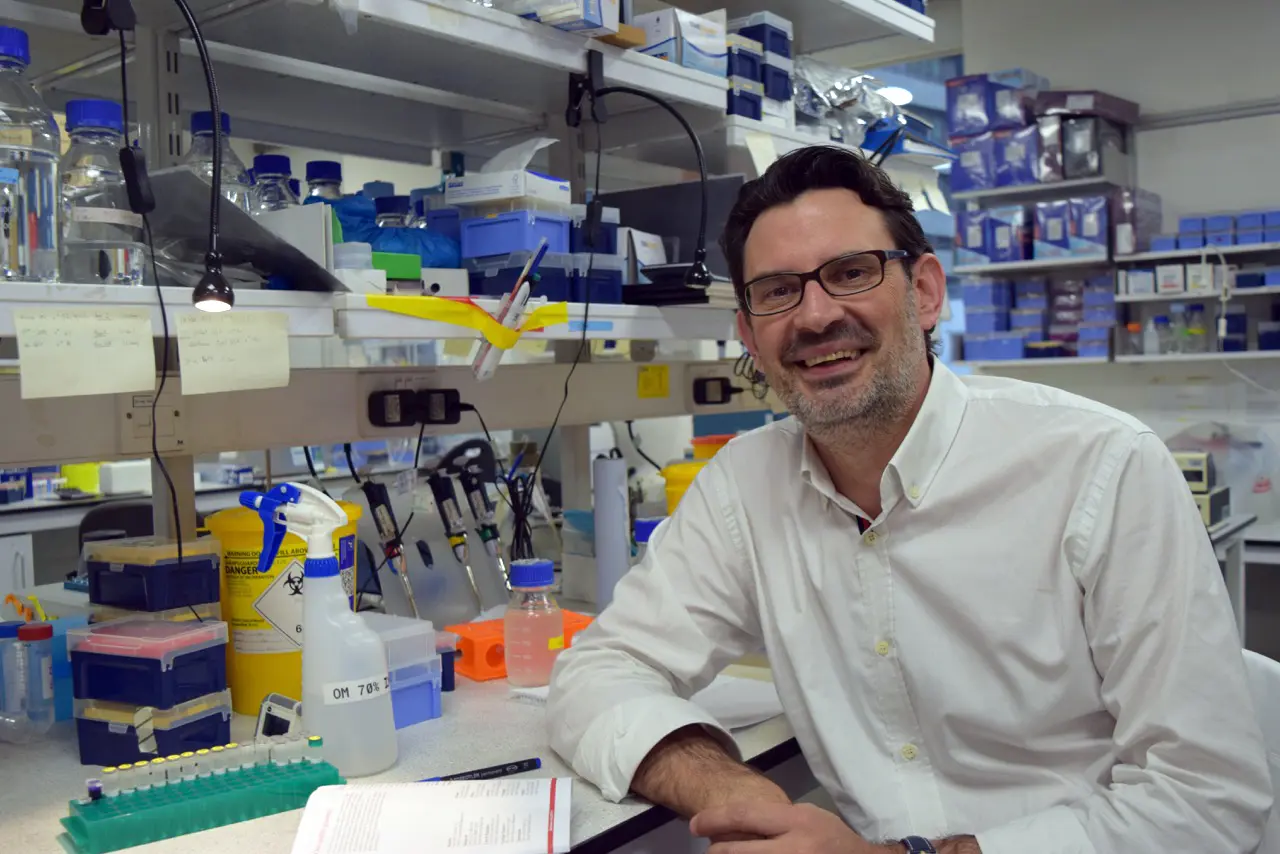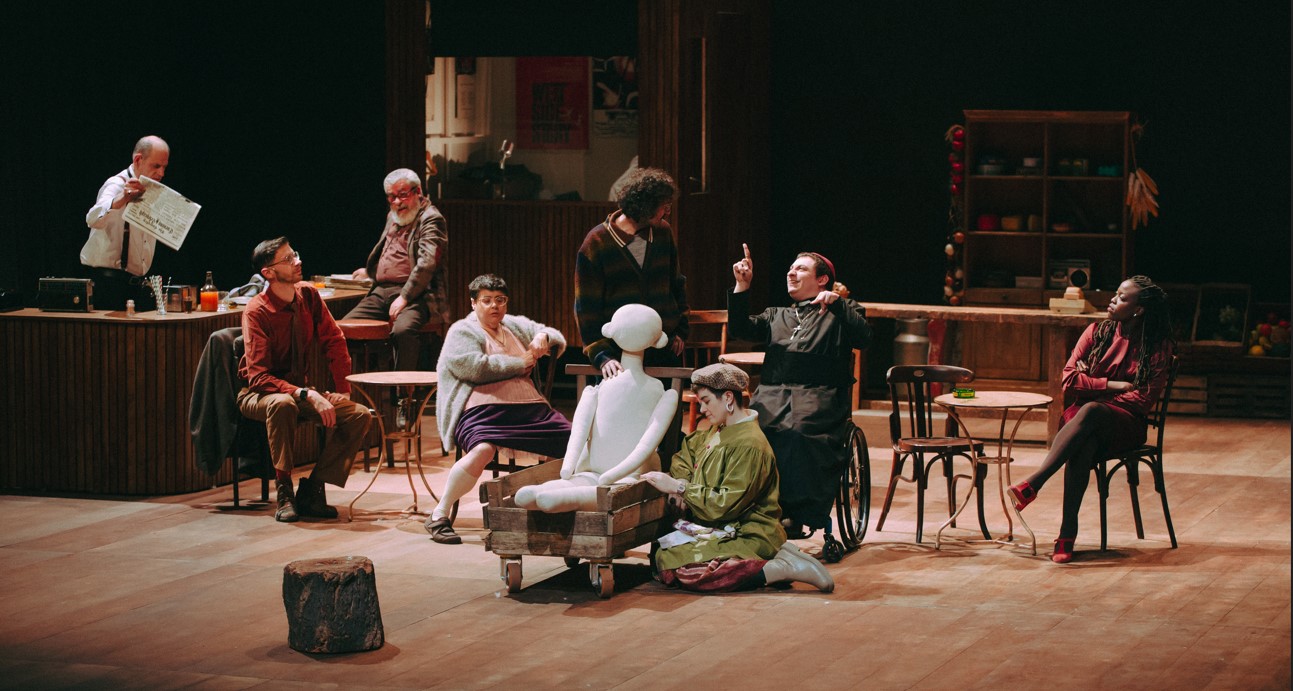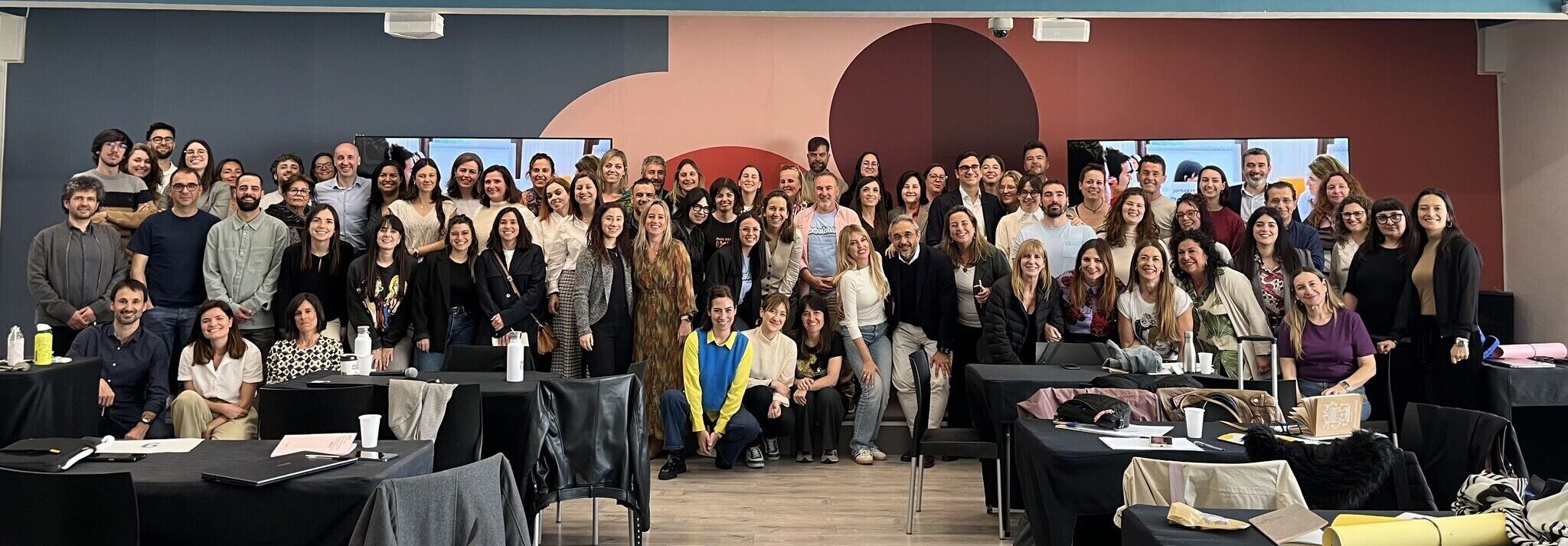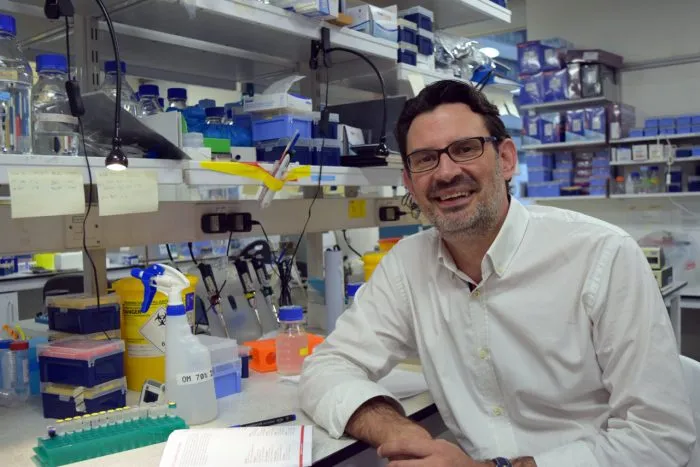
Until April 16th we will be accepting applications for our three awards for Biomedical, Scientific and Economic Research. Given the opening of this new application period, we spoke to Dr Óscar Marín, Chairman of the Banco Sabadell Foundation Award for Biomedical Research 2019 and currently a professor of Neuroscience and director of the MRC Centre for Neurodevelopmental Disorders at King’s College London.
In this fourteenth edition of the Banco Sabadell Foundation Award for Biomedical Research, you are going to be the Chair of the Jury. How do you feel in relation to this new responsibility? Very happy. The chance to form part of this jury is a prize in itself. The Banco Sabadell Foundation Award for Biomedical Research is the most important award that a young researcher can receive in Spain. It is a privilege to form part of the jury that grants it.
Thinking about the years that you have been a member of the jury, can you tell us of any aspects of the researchers’ work that particularly tip the balance when selecting the winning candidate? The candidates who have received the award in the past have all had very different profiles, but if I had to give one common factor that they all share it would be the transformational nature of their research. All of our award winners have changed our understanding of a biological problem with huge medical implications. They have enabled us to view these problems from a completely new and original perspective.
What do awards such as this one mean for the scientific world and particularly the recognition of researchers’ work? This award is the highest acknowledgement of the work carried out by researchers who have been leading their own research team for a relatively short period of time. It is undoubtedly a very important source of motivation for researchers and their teams, and it also allows their work to be more widely known by society.
How would you describe the current status of biomedical research in Spain? What are the major requirements and obstacles faced by our scientists? Spain has first-class researchers in biomedicine. Perhaps the most surprising thing is how much we have achieved considering the relatively small amount that has been invested in economic terms. A sustained investment over time would undoubtedly enable us to further develop our research skills. But in my opinion, the main obstacles that we face are not economic, but rather managerial. The organisation of research bodies and universities in this country is not on a par with those of the most advanced countries in the world. What is needed is not necessary larger investments, but political courage.
And thinking about the positive aspects, what would you highlight about the research currently being undertaken by Spanish scientists? I think we excel in a number of fields, but if I had to highlight one general aspect it would our ability to foster talent. Young researchers who train in Spanish laboratories are sought after all over the world.
As a member of the jury for the Award, what surprises you the most when you receive and verify the work of the candidates? Year after year our reviews of the nominees confirms that talent is universal, and that it knows no borders. But it is also easier to tap this talent when one can work and learn in a positive environment. That is what we need to focus on, on constructing positive environments that allow scientists to excel in their research, in order to make sure we tap the full potential of new generations of researchers, both now and in the future.



